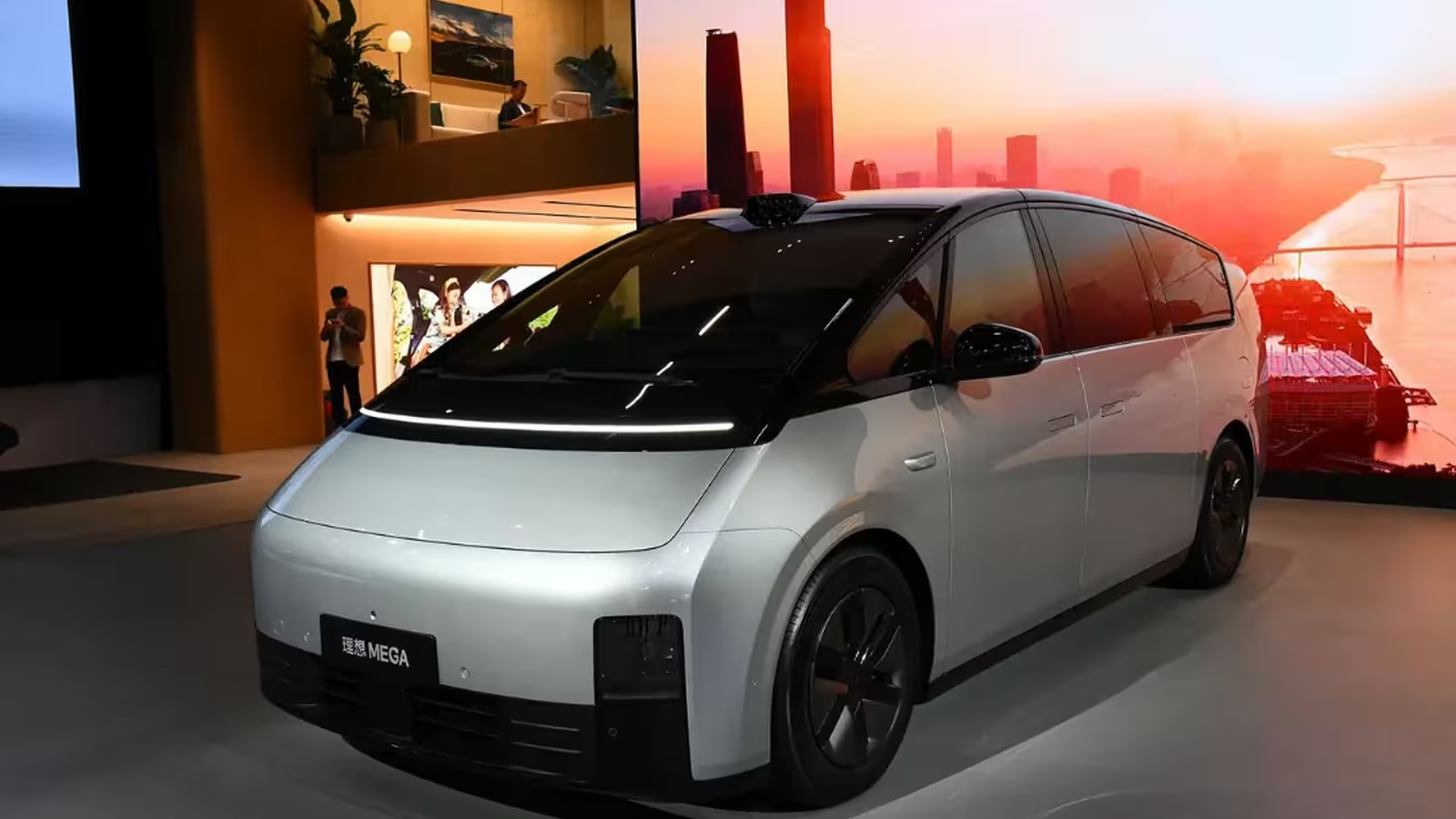3 Minutes
Are electric vehicles as eco-friendly as they claim, or do they secretly pollute more than hybrid vehicles? This question has ignited passionate debates within the automotive world, with some industry leaders, including Akio Toyoda, Chairman of Toyota, claiming that nine million battery electric vehicles (BEVs) generate as much carbon as 27 million hybrid cars. Toyoda also cautions that Japan’s dependence on fossil-fuel-powered electricity grids could lead to increased emissions if there’s a rapid shift to electric car production. His position reflects Toyota's multi-path strategy that embraces a mix of hybrid, fuel cell, and electric vehicle technologies for emissions reduction.
Electric Cars vs. Hybrids: What Does Science Say?
Despite these industry concerns, a wealth of independent research paints a different picture. According to a study by Tsinghua University in China, electric vehicles, even when charged on electricity grids primarily powered by coal, emit 20–30% less CO2 than traditional gasoline cars. Data from the China Automotive Technology and Research Center indicates that fully electric vehicles have a lifecycle emissions rate of just 118 g/km, notably less than the 163 g/km recorded for conventional gasoline cars.
On a global scale, research published in the journal Nature found that electric cars are the least polluting transportation option in over 95% of the world, despite the higher initial emissions during battery production. These additional emissions are offset after about 31,000 to 45,000 kilometers of driving, after which electric vehicles continue to outperform both hybrids and gasoline cars in terms of overall carbon footprint. Leading institutions such as MIT and the EPA corroborate these findings, highlighting the long-term environmental benefits of electric mobility.
Hybrid Vehicles: Technology Advantages and Real-World Challenges
Hybrid cars, hailed as a transitional technology, certainly offer lower emissions than traditional vehicles. However, the real-world performance of hybrids is highly variable. Standard hybrids often have limited electric-only range, and plug-in hybrid electric vehicles (PHEVs) are frequently undercharged in daily use, driving up their true emission figures. This inconsistency means their emissions advantage over BEVs is often less than advertised.
EV Battery Tech: Cleaner and Smarter
Battery technology itself is also advancing rapidly toward sustainability. Novel chemistries like LFP (lithium iron phosphate) and LMFP (lithium manganese iron phosphate) now deliver high performance with significantly reduced environmental impact during production.
Future Outlook and Market Positioning
Despite early skepticism, Toyota is investing heavily in the development of electric vehicles in China, aligning with the global trend toward electrification. As clean energy sources become more prominent in electricity grids worldwide, the case for electric vehicles gets even stronger. Electric cars aren’t just here to stay—they are on track to become the leading solution for low-carbon, sustainable transportation.
Conclusion: The Verdict for Car Enthusiasts
In summary, the latest data confirms that battery electric vehicles are the optimal choice for reducing automotive emissions across the globe. While hybrids remain useful as an intermediate technology, the superior specifications, evolving design, and environmental performance of electric cars are positioning them as the future mainstay of the automotive industry.
Source: ithome



Comments